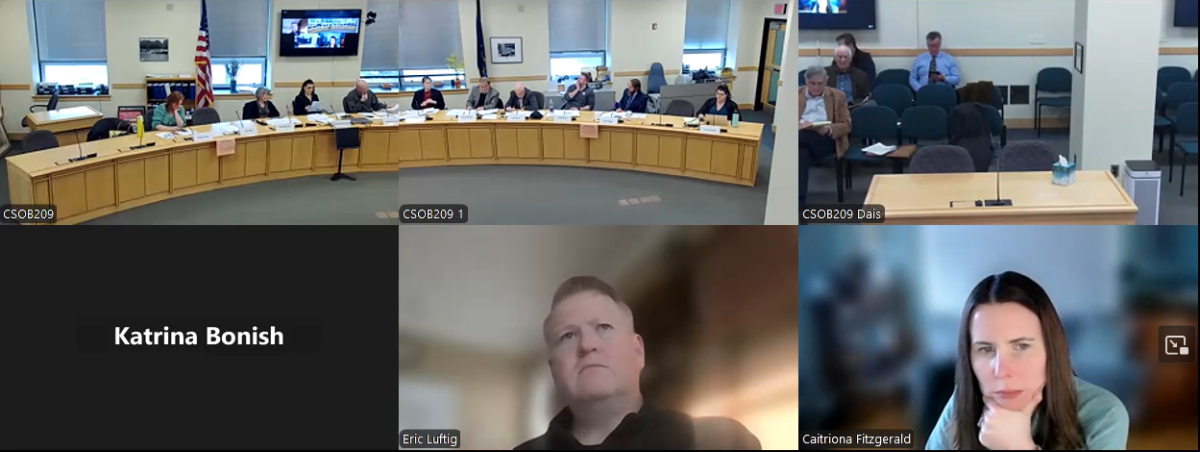Maine’s draft right to repair legislation would allow independent repair shops and car owners to seek $10,000 in civil relief or up to three times the amount of actual compensatory damages if car manufacturers improperly deny them access to vehicles’ diagnostic data.
Under the proposal, owners and shops could claim the greater of $10,000 or three times the amount of actual damages -- known as treble damages -- if manufacturers deny access to key diagnostic data necessary to complete repairs.
The Office of the Maine Attorney General released the proposed legislation on its website before the most recent meeting of the Maine Automotive Right to Repair Working Group, held Dec. 2.
In addition to legal remedies, the draft legislation also states the attorney general may pursue a civil penalty and injunctive relief through any of Maine’s county superior courts, if the attorney general believes a manufacturer is improperly withholding diagnostic data.
Section 2 of an August-enacted law requires the right to repair working group, overseen by the state attorney general’s office, to recommend legislation to establish an entity to ensure cyber-secure access to vehicle-generated data for car owners and independent repair shops for maintenance, diagnostic and repair purposes.
The draft legislation envisions that entity will be dubbed the Motor Vehicle Right to Repair Commission, though meeting participants agreed to decide on the exact name sometime before the working group’s final recommendations are due to the state legislature in February.
A Nov. 22 draft report by the working group noted that, starting Jan. 5, 2025, vehicles sold in Maine that use telematics systems must have an interoperable, standardized and owner-authorized “access platform” across all makes and models.
That report language refers to a November 2023 law that 84% of Maine voters approved via ballot initiative.
That law also states that no later than Jan. 5, 2025, car owners must be able to directly access the above mentioned platforms through a mobile-based application. Upon owner authorization, independent repair shops and licensed dealers must be able to access “all mechanical data,” limited to the time to complete the repair or for a period allowed by the vehicle owner for the purposes of maintaining, diagnosing, and repairing the car.
“I think automakers will make on a case-by-case basis decisions about what to do with telematics heading into January,” Elizabeth Frazier, an attorney for Pierce Atwood and lobbyist for the Alliance for Automotive Innovation, said during the Dec. 2 meeting.
Some working group members have interpreted the August-enacted law as requiring vehicle manufacturers to provide access to telematics data only when the right to repair commission is established, according to the report, which also noted that some members recommended the telematic requirements be postponed for a year.
Working group members did not flag any particular provisions for delayed implementation; however, Maine Chief Deputy Attorney General Christopher Taub during the meeting requested that Tesla Director of Service Engineering Brian Boggs develop draft language to cover deferred enforcement and implementation of certain unspecified provisions prior to the group’s next meeting.
Taub asked working group members to submit suggested changes to the proposed legislation and draft report by close of business Dec. 5. Taub envisioned new drafts of both documents will be posted online by Dec. 6. The working group expects to hold a public hearing Dec. 20 to collect input on the proposed legislation and draft report.
“I think that we’re really close on everything at this point. But if for some reason there’s some big snafu, and we realize we need to make some real substantial changes, we can always talk about whether it makes sense to have [another] public comment period at that point,” Taub said. “I don’t think that’s going to happen, but we can always decide to do that if we think it’s appropriate.”














Brian Bradley